Over the last few months, Dr Paul Whittington (Lecturer in Assistive Technology) has participated in three public engagement events to promote their assistive technology research currently being conducted at BU.
Dr Whittington was invited to attend an event at the Ace Centre, Abingdon, where Layla Moran MP was present to learn about the charity work at Ace Centre. The Ace Centre specialises in providing alternative and augmentative communication devices for people with disabilities. This was another opportunity for Dr Whittington to discuss their recent research on EduAbility, an Android application to provide assistive technology recommendations and training, to teachers, support staff, parents and carers. During this visit, Dr Whittington viewed the products that are supplied by the charity to assist in communication and hear the experiences from a user of this technology who attended the event. EduAbility received positive feedback from Layla Moran MP and Ace Centre, who acknowledged that there is a need for this type of application. EduAbility is currently being evaluated by local special educational needs and mainstream schools and is anticipated to be released publicly later in the year. The development of this application has been funded through the Faculty, as well as grants from Mazars Charitable Trust and the Alice Ellen Cooper Dean Charitable Foundation.

In July, Dr Whittington was invited to participate in the Panel at the Disabled Students Forum 2022. The Forum is organised by Inside Government and provides best practice guidance on improving accessibility of teaching and learning, as well as enhancing student experience for those with disabilities in higher education. The theme of the Panel was ‘Using the Latest Assistive Tech Innovations and Ideas to Support Teaching and Learning, and Enhance the Student Experience’ and this was an opportunity for Dr Whittington to address the delegates with his assistive technology experience and views on the current challenges in the sector. The Forum is specifically designed for the higher education sector and the delegates include Heads of Student Services, Disability Advisors, Student Engagement Managers and Senior Lecturers.
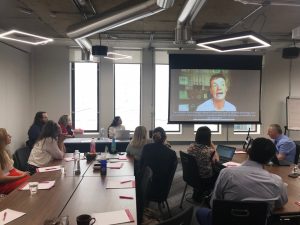
A third recent assistive technology event, 2nd Workshop in Diversity, Accessibility and Inclusivity in Cyber Security (DAI) at the BCS HCI 2022 Conference, was organised by academics from the Departments of Computing and Informatics (including Dr Whittington and Dr Dogan). This was held as a virtual Workshop alongside the main Conference at Keele University. Dr Whittington and Dr Dogan had a paper accepted at this Workshop, which focused on the development and evaluation of Authentibility Pass. This is a second Android application that enables people with disabilities to communicate their authentication and accessibility requirements to organisations.
We anticipate holding the 3rd DAI Workshop at the BCS HCI Conference next year, which may have a broader assistive technology theme. At the end of 2022 or early 2023, we are also planning an International Assistive Technology Symposium, an opportunity for academics, organisations and charities to present their assistive technology research. We will be organising this event in collaboration with our research partners in Malaysia, Malta, South Africa, Turkey, UK and USA and will update with further details.

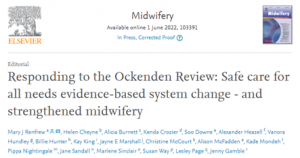

 Every BU academic has a
Every BU academic has a  By clicking on this box, on the left of the Research Blog home page just under the text ‘Funding Opportunities‘, you access a
By clicking on this box, on the left of the Research Blog home page just under the text ‘Funding Opportunities‘, you access a 

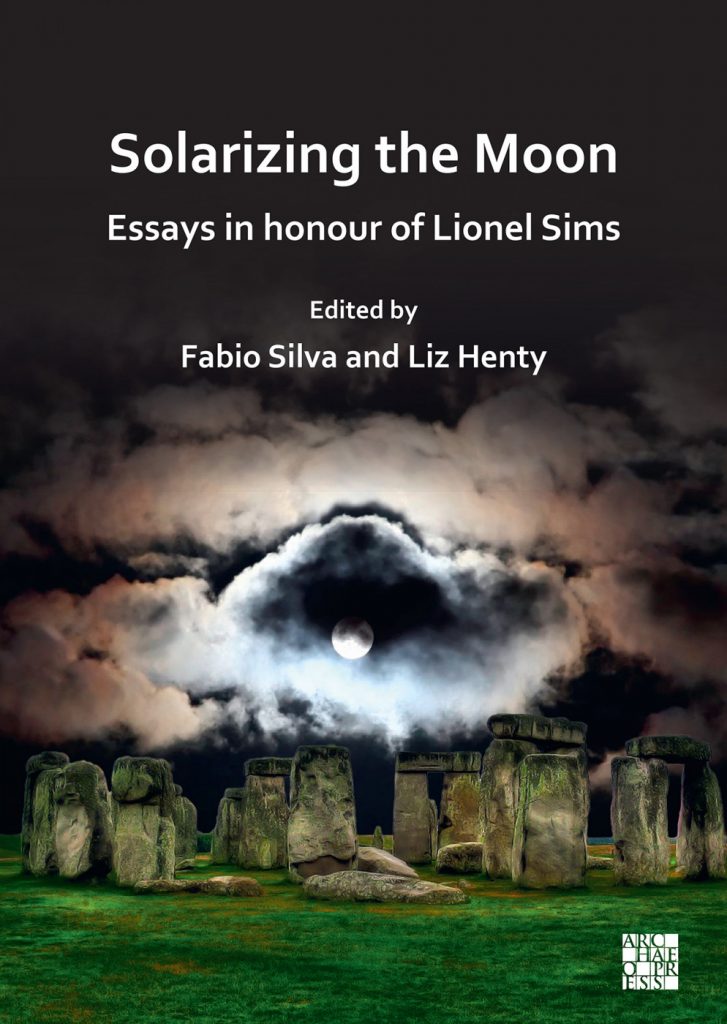
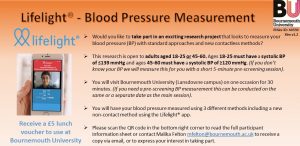

 The measures will only come into force if the UK is unable to associate to Horizon Europe and will ensure that there is no funding gap. The UK government remains committed to a strong research collaboration with Europe and has reiterated that association remains its preferred outcome. The UK Government is ready to formalise association to EU programmes at the earliest opportunity.
The measures will only come into force if the UK is unable to associate to Horizon Europe and will ensure that there is no funding gap. The UK government remains committed to a strong research collaboration with Europe and has reiterated that association remains its preferred outcome. The UK Government is ready to formalise association to EU programmes at the earliest opportunity. To finish this update and the whole academic year on an optimistic note, I am glad to tell you that in July 2022 BU academics have been awarded two Horizon Europe collaborative grants. This is amazing – congratulations!
To finish this update and the whole academic year on an optimistic note, I am glad to tell you that in July 2022 BU academics have been awarded two Horizon Europe collaborative grants. This is amazing – congratulations!
 In the online discussion, Dr Collard will outline her findings so far, which will provide important data for people with epilepsy and their families and carers, as well as medical professionals and those working in the fitness and leisure sector.
In the online discussion, Dr Collard will outline her findings so far, which will provide important data for people with epilepsy and their families and carers, as well as medical professionals and those working in the fitness and leisure sector.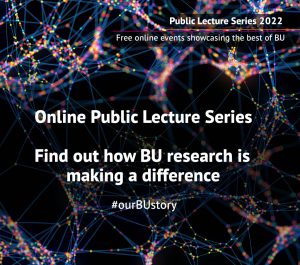




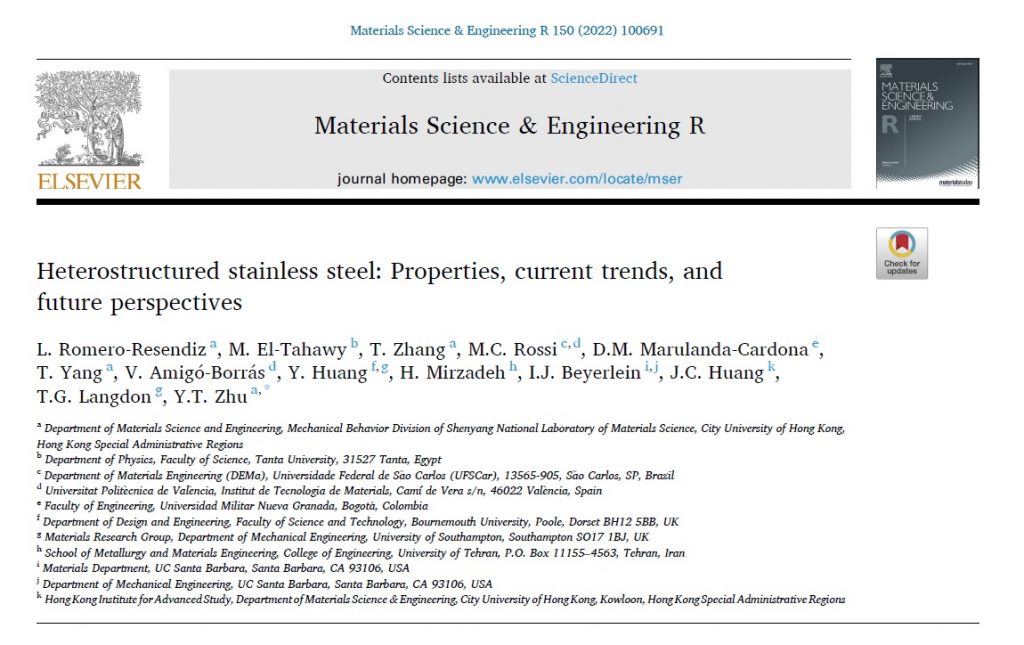

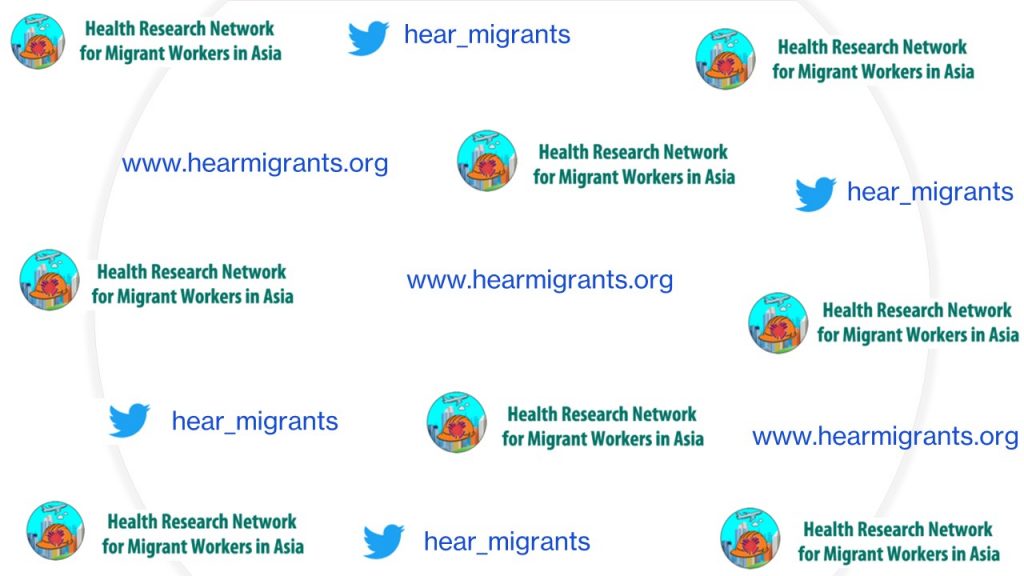

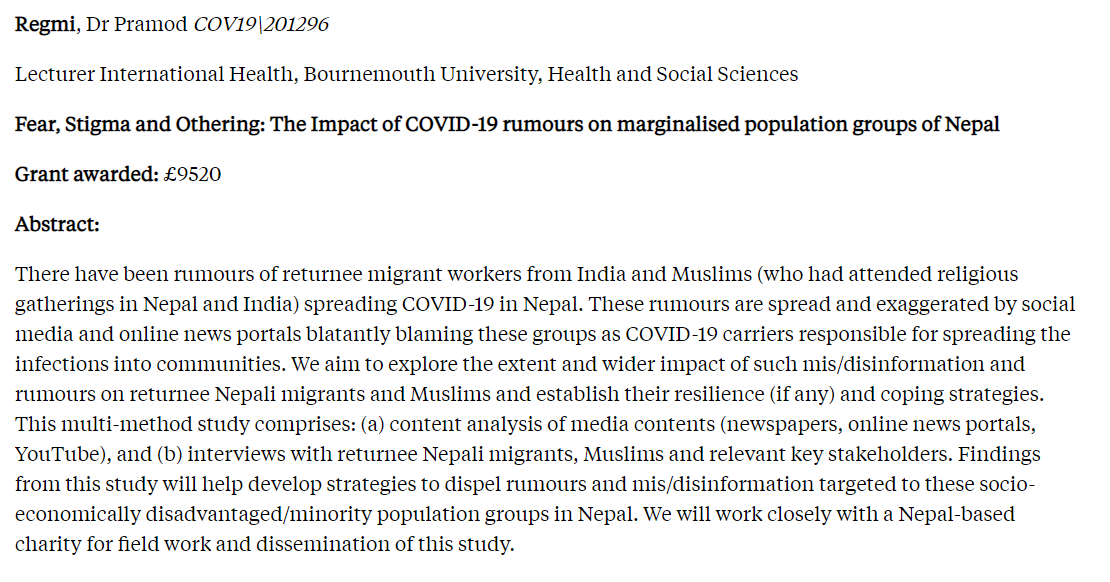
 The last funding RDS Funding Development Briefings for the academic year will be on Wednesday, the 27th of July at 12 noon. These will restart again with a new programme in September.
The last funding RDS Funding Development Briefings for the academic year will be on Wednesday, the 27th of July at 12 noon. These will restart again with a new programme in September.










 From Sustainable Research to Sustainable Research Lives: Reflections from the SPROUT Network Event
From Sustainable Research to Sustainable Research Lives: Reflections from the SPROUT Network Event REF Code of Practice consultation is open!
REF Code of Practice consultation is open! BU Leads AI-Driven Work Package in EU Horizon SUSHEAS Project
BU Leads AI-Driven Work Package in EU Horizon SUSHEAS Project ECR Funding Open Call: Research Culture & Community Grant – Apply now
ECR Funding Open Call: Research Culture & Community Grant – Apply now ECR Funding Open Call: Research Culture & Community Grant – Application Deadline Friday 12 December
ECR Funding Open Call: Research Culture & Community Grant – Application Deadline Friday 12 December MSCA Postdoctoral Fellowships 2025 Call
MSCA Postdoctoral Fellowships 2025 Call ERC Advanced Grant 2025 Webinar
ERC Advanced Grant 2025 Webinar Update on UKRO services
Update on UKRO services European research project exploring use of ‘virtual twins’ to better manage metabolic associated fatty liver disease
European research project exploring use of ‘virtual twins’ to better manage metabolic associated fatty liver disease